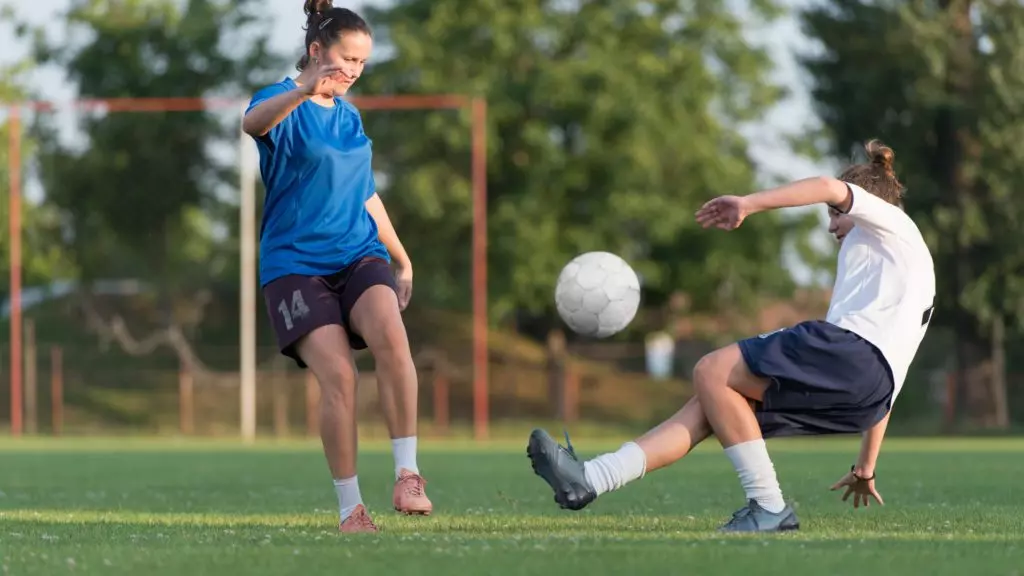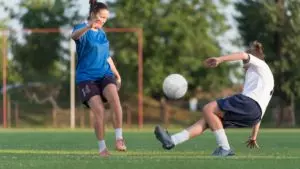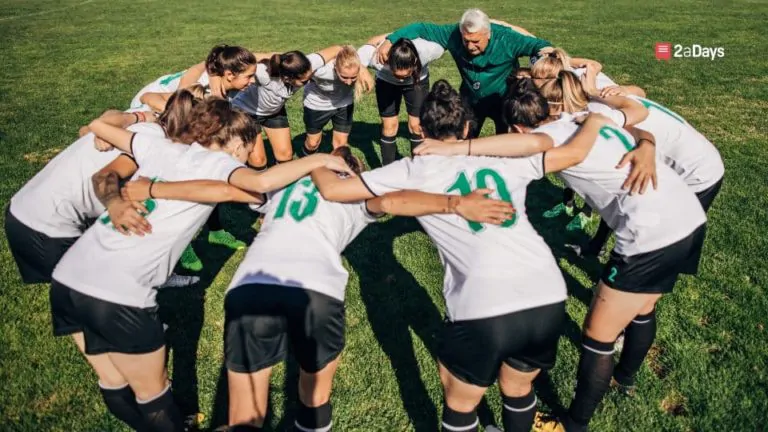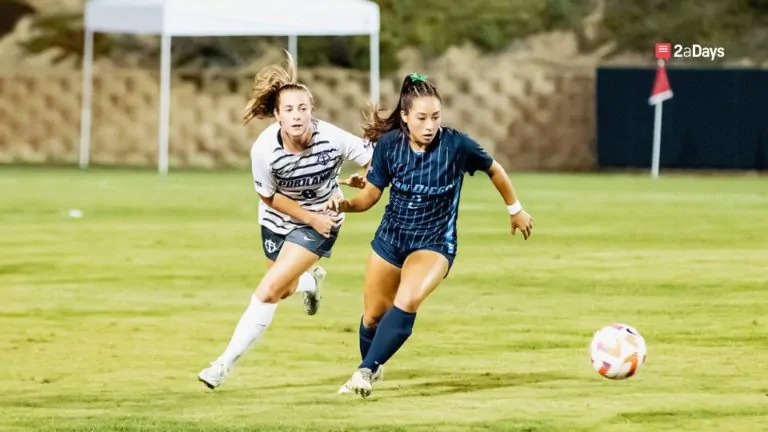Fitness Tests:
Fitness tests (noun): Unavoidable, tasks that come with being a college athlete. Whether you are prepared or untrained, fitness testings are challenging. Here are some tips to overcome the challenges that fitness tests present:
Get fit! Be consistent with your workouts. Do not wait until the week before pre-season to try to prepare. When you are out of season, make it a part of your daily routine, and follow the fitness packets that coaches give out to all of their athletes.
Grab a buddy. Ask a teammate or a friend to accompany you to the gym, field, court, track, etc. Working out with a friend allows the two of you to push and motivate each other to work hard. Also, no one understands the physical stress a college athlete goes through, except a fellow athlete.
Practice the test. If you practice the fitness tests and time yourself, you will be able to deal with the anxiety of the test because you will know what to expect of yourself. Switching up workouts is also essential, so your body doesn't plateau.
Bonus tip: Ask your coach if it's possible to listen to music during the fitness test. Sometimes coaches will play music to motivate athletes, but if not, it won't hurt to ask. If your coach isn't into the whole music thing, practice the tests on your own time with and without music. It sometimes psyches people out when they hear their breathing increase; once again, the key is to prepare no matter what the circumstances.
Injuries:
Injuries are mentally and physically draining; you will have to dig down deep and try to stay in a positive frame of mind. Here are some tips for overcoming and dealing with injuries in college:
Don't blame yourself! It wasn't because you were out of shape, underprepared or clumsy, Injuries happen to the best of athletes, and having a negative mindset will make a recovery that much harder.
Accept it. As hard as this step may be, once you're hurt, you have to deal with it. A positive mindset is an incredibly powerful tool; listen to your trainers, friends, and coaches who want to help because they're there to support you. It's okay to feel angry, but it's essential to keep in mind that being angry will not change anything.
Stay motivated. With the help of the athletic training staff, safely push yourself to stay on track for a speedy recovery. At the same time, listen to your body and don't overdo it, and don't be afraid, to be honest, if certain activities cause pain. Sometimes athletes can safely push through the pain, and open communication will allow you and your trainers to know whether your pain is normal or not!
Bonus tip: Become friends with your athletic trainer. They usually know what's best for you and will help you with wrapping blisters, taping ankles, and giving you ice and heat as necessary. Never be disrespectful to the training staff, it is their job to help you, and they will always try to do what's best and safe for your body. Sometimes they also provide a good ear to listen and a friendly face to say hello to in the athletic center as well!
Time Management:
Another challenge many college athletes face is feeling like there aren't enough hours in the day to get everything accomplished. When you're in season, days seem to fly by, and it's hard to complete all your tasks. Here are some suggestions on how to keep your grades up, even during the season:
Do your work! Even if you have a small 1-2-hour window, be productive and put in the effort. Go to the library or another quiet place to study. Sometimes you can even get some work done in the locker room or somewhere else in the athletic center before practice.
Be realistic. In season, try to take a course load that will not be as demanding. For example, some classes require a lot of extra work outside the hours of the actual class. In season, it may be hard to coordinate meeting times with other students for group projects. Don't take the easy way out, but don't take on something you can't handle.
Plan in advance. Complete school work ahead of time; if an assignment is due on that Thursday, hand it in on Wednesday; especially if you have a weeknight game. After a 7 pm game, there is no way you're going to want to do Biology homework. Trust me; you will be exhausted! Use long bus trips as an opportunity to do work, whether that be homework, textbook reading, or studying for an exam. The rest of your team will likely be doing the same.
Bonus tip: Being on a team and competing for a school gives you will receive resources. For example, there may be other teammates that are the same major as you. On my team, numerous teammates tutored one another and helped each other with assignments and studying. I also had a lot of classes with fellow teammates, which helped us manage our time efficiently to get work done before practices and games.
* Originally published on December 29, 2015, by Keirsten Sires







